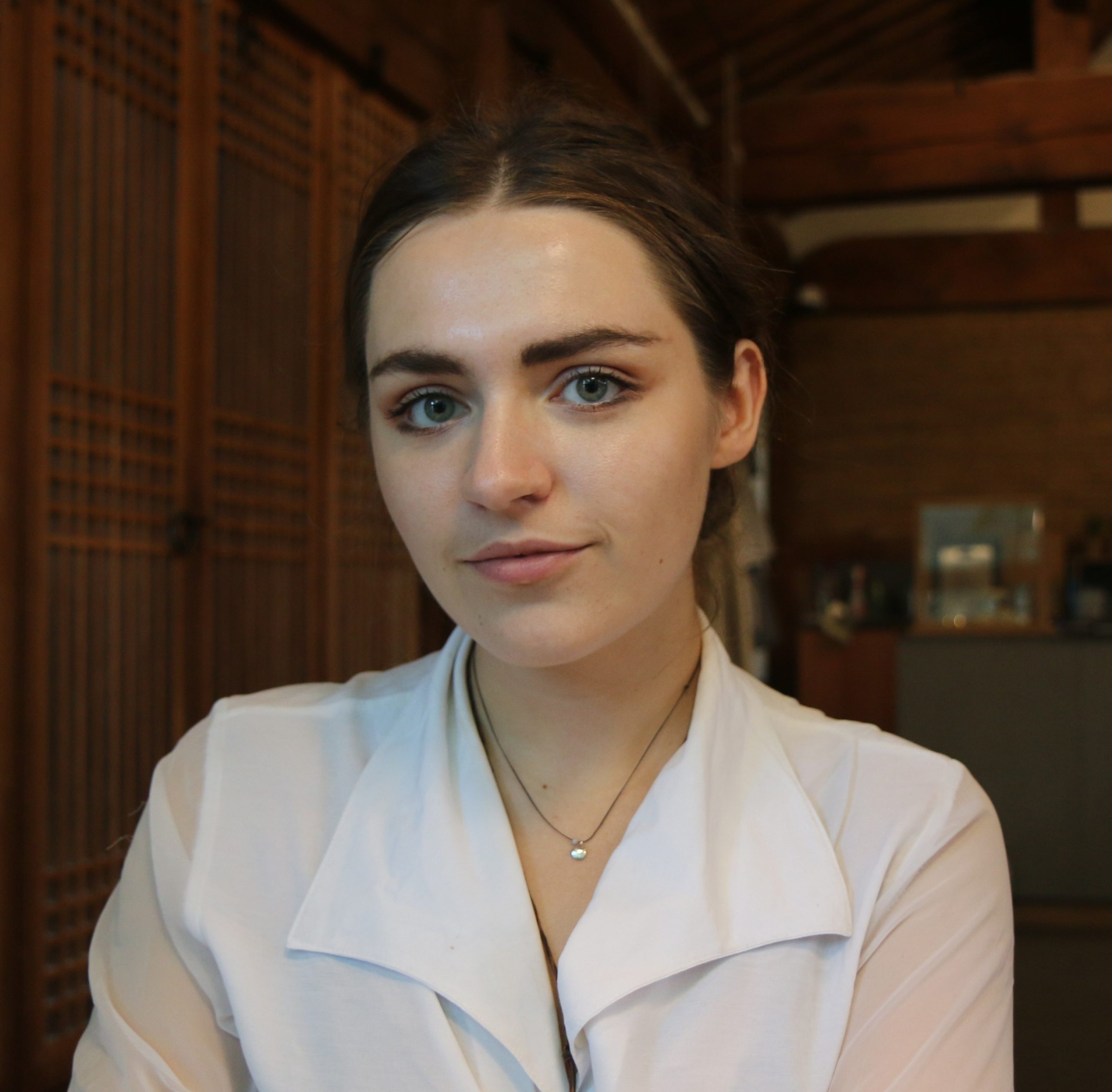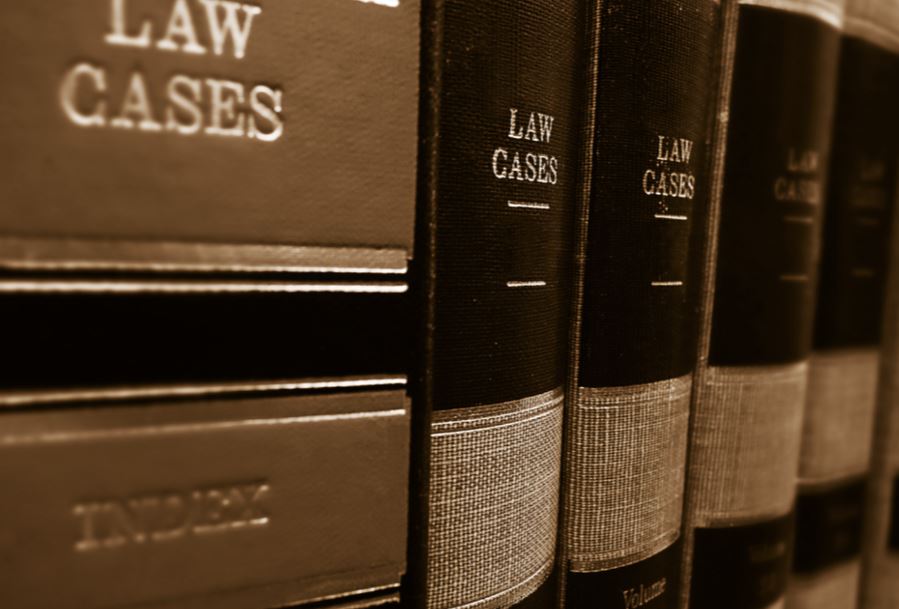Student lawyer Sophie Timms looks at the case of: FB v Princess Alexandra Hospital NHS Trust [2017] EWCA Civ 334
Facts
In the early hours of Monday 29th September 2003, the mother of a child phoned out-of-hours services due to the ill-health of her 13-month-old child. This resulted in a call for an emergency ambulance. The paramedics recorded that the child was lethargic, uncoordinated and experiencing eyerolling. On arrival to the Accident and Emergency department, the child was examined by Dr Rushd, a 25-year-old junior doctor, approximately 45 minutes after the original call. Although Dr Rushd asked, “Why are you here?”, she failed to ask any further questions regarding the child’s symptoms, therefore failing to undertake full history. She concluded that the child had an upper respiratory tract infection, which was a common diagnosis for children of that age, and advised the mother to treat it with Calpol and Nurofen. The child was then discharged.
The child’s condition worsened within 12 hours, leading to a call to the GP. On examination, the child was immediately returned to hospital in an ambulance. A triage nurse examined the child, and referred her immediately to paediatricians, who diagnosed her with pneumococcal meningitis. The condition meant that she suffered permanent brain damage, learning difficulties and deafness. The mother brought a clinical negligence claim against Dr Rushd for failing to conduct an adequate examination of the child, and for the failure to take an adequate history of the child’s symptoms.
Judgment at first instance
At first instance, in the High Court, it was held that only a more senior doctor would have had the knowledge to use more detailed questioning to discover the symptoms that the child had been experiencing. The failure to ask such questions could not therefore amount to poor practice, so Dr Rushd was not found to be negligent and in breach of her duty of care.
Issues for the court
On appeal, the issue for the court to decide was whether the medical care provided by Dr Rushd was inadequate, particularly in her failure to carry out a more extensive history of the child before discharging her. If so, the court had to determine the standard of care imposed on a relatively inexperienced doctor, who was in the early years of their career, and whether it differed from the standard of care imposed on a more senior doctor.
The judgment of the Court of Appeal
History-taking is the process of questioning the patient on their previous symptoms, such as the type of pain, its severity, and how long the patient has experienced symptoms etc. It was identified by the judges that history-taking is a basic task for medical professionals, regardless of their seniority. A junior doctor should therefore have the relevant knowledge to perform basic history-taking to determine the injury or condition that a patient is experiencing.
However, as the child’s mother had stated within her witness statement, if she had been asked by Dr Rushd, she would have informed the doctor of the eyerolling and lethargy that the child had experienced prior to the consultation. It was therefore held that Dr Rushd could not have taken an adequate history of the child’s symptoms. Dr Rushd had stated in her witness statement that, ordinarily, parents volunteer the symptoms that their child is experiencing, removing the requirement of the doctor to ask such questions. However, it was decided by the judges that this approach was based on a mistaken belief that parents will always volunteer information and is consequently flawed as a result. Therefore, due to the failure to ask questions of the child’s history, Dr Rushd was held to have breached her duty of care.
In issues of breach of duty in clinical negligence and other professional negligence cases, the leading law is the case of Bolam v Friern Hospital Management Committee [1957], which indicates that if the defendant exercises the skill and care of a reasonably competent member of their profession, they cannot be found negligent. Therefore, the question to ask was whether a reasonably competent doctor would have referred the child to a more senior doctor, or a specialist paediatrician at the initial consultation. The court found that a reasonably competent doctor would have done, and so the next issue for the court to determine was whether the same standard applied to doctors who were of junior status and were relatively inexperienced. Applying the case of Wilsher v Essex AHA [1987], it was held that a hospital doctor, even a junior doctor, should be judged by the standard of skill and care that is appropriate to the post in which they are filling, regardless of subjective factors such as age, experience and personal ability. Therefore, Dr Rushd’s conduct was to be judged against the standard of a reasonably competent doctor in an Accident and Emergency department; her age and inexperience did not reduce the required standard of care. Taking this into account, the judges held that the history undertaken by Dr Rushd was not carried out to the standard expected of a reasonably competent doctor in her position, and so was in breach of her duty.
Implications
The decision of this case highlights the standard of care doctors are to comply with when administering care. This standard in relation to history-taking is the same regardless of the area of medicine, the seniority of the doctor, or their level of experience. Although a more experienced doctor may have the knowledge to question patients further, a higher standard of duty is not imposed upon them as a result. Similarly, a lesser standard is not imposed on junior doctors due to their lack of knowledge and experience.
The outcome of this case also reiterates the importance of history-taking during consultations, not just in A&E departments, but for doctors generally. A doctor cannot assume that patients will always volunteer all information regarding their symptoms; it is an essential element of the medical profession to question patients on this topic to ensure they have full knowledge of the patient’s symptoms, and to prevent any potential future liability.
Further Reading
From one of the UK’s most read legal blogs.








